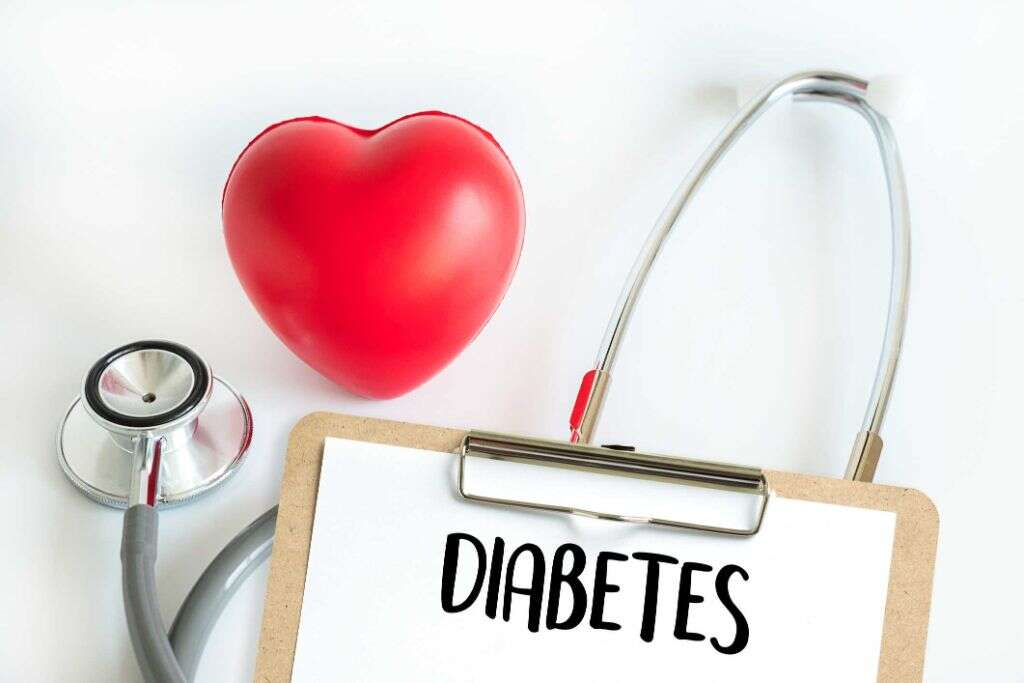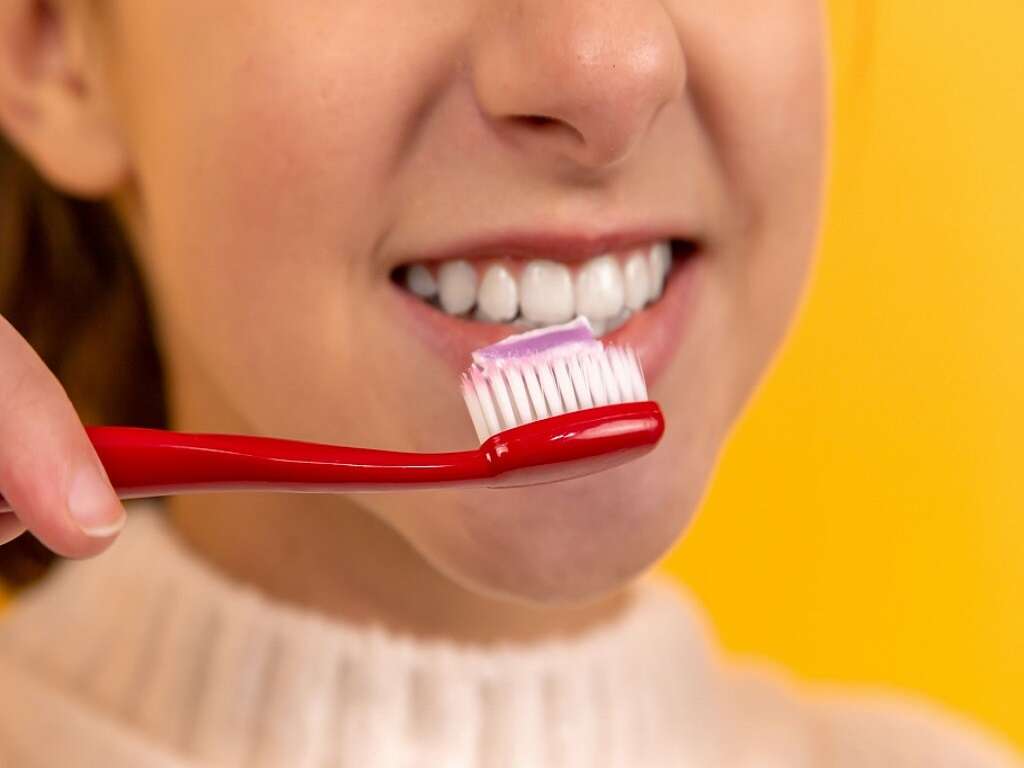What Causes Thrush?
Thrush is quite common. Women tend to get it more than men do, but many men do get it as well. It will often affect the genitals, especially in women, while thrush can also infect us orally. While it can be irritating, and even painful, it is usually harmless unless it gets out of control.
Pretty much anybody can get thrush, but there are some things we can do to help protect ourselves from it. In order to do this, it helps to first know what can cause it in the first place. Here’s a look at what some of those causes are, and what we may be able to do to help overcome them.
1. Fungus
Thrush is caused by a kind of fungus known as candida. Candida is obviously not the type that you would expect to find on your dinner table, but it is still very common. Indeed, there is probably some in or on part of your body right now. You would not usually know it is there because it is harmless, but it can cause problems sometimes. Sometimes, the fungus can begin to grow beyond its usual levels, effectively causing infections in parts of the body. These infections are sometimes oral, with white plaques in the mouth, and sometimes can be found on our genitals. It can affect men’s genitals as well as womens.
2. Diaper Rash
Some of us will have first experienced diaper rash at a very young age indeed, and a lot of parents will also experience it when taking care of their babies. It is quite common for babies to experience diaper rash. This is when the baby has developed a rash, often caused by fabrics irritating their skin, and the rash then goes on to be infected by the candida fungus.
Diaper rash is very sore for babies and the infected area will become visibly red. It is usually quite easy to treat, thankfully. Make sure your baby is as clean as possible and avoid using fabrics or products that might be irritating them. Antifungal creams can help deal with any rashes present.

3. Clothing
Fabrics can also encourage thrush in adults. Genital thrush tends to occur in people who prefer to wear clothing that fits tightly around the genital area. Certain fabrics might also contribute to the problem and people who tend to develop thrush should try to wear cotton underwear. If you can, try to wear looser clothing where possible, at least when you are at home.
In addition, you can try to look for underwear that has been specifically designed to help people who suffer from conditions like thrush and eczema. Also, make sure your clothing is always clean. Especially your underwear.
4. Hygiene
Another potential contributor to thrush is hygiene or lack thereof, and this applies to both oral and genital hygiene. Make sure that you brush and wash regularly, making sure that you thoroughly dry yourself after showering or bathing. As mentioned, also make sure that your clothing is clean, and also make sure that you use towels that are clean and dry.
While poor hygiene can make thrush more likely, that does not automatically mean that people with thrush are not hygienic. Even the cleanest of people can experience it and those living in humid climates are more likely to have problems.

5. Sex
It is true that people can get thrush through having intercourse with another infected person. This does not, however, mean that thrush is a sexually transmitted disease. Rather it is a matter of a person coming into contact with the fungi, and they could have come into contact with it in so many other ways.
Sexual intercourse is often quite painful with thrush anyway so those with the condition are likely to abstain, at least until it clears up. If you do wish to have sex when you or your partner has thrush, using protection like a condom will help to protect you both.
6. Stress
If you are overworked, and/or you have a lot of other problems in your life, then you are likely to be feeling quite stressed. It is important to try and manage your stress levels where you can because otherwise it can make you really quite ill. Too much stress can also increase the likelihood of thrush developing.
Excess stress can have a negative impact on the immune system, and a strong immune system will help keep infections like thrush at bay. Thus, an infection becomes more likely to take hold. If you are finding it difficult to manage your stress levels then you should try and speak with a professional.

7. Medication
As helpful, even essential, modern medicine is to us in this day and age, it is still far from perfect. Not only can medication not cure every ailment, but it can also even cause some unwelcome symptoms in people. Some of the potential symptoms can be quite serious but, thankfully, most are little to worry about.
Some antibiotics in particular are likely to increase the chances of somebody getting thrush. If you are on medication and thrush is a regular problem for you, then consider speaking with your doctor and they may be able to prescribe alternative medication for you.
8. Diabetes
Diabetes is the inability for some people to control their own blood sugar levels. This means that the patient will experience spikes in levels of sugar in their blood, and this can lead to a number of problems. Some potentially very serious. One such problem that is thankfully not serious is thrush.
Candida, the fungus that causes thrush, feeds on carbohydrates. Sugar is a type of carbohydrate, and this means that diabetes can provide lots of food for the fungus to thrive and reproduce at higher than usual rates. This, in turn, means that people with diabetes are more likely to have thrush.

9. AIDS
AIDS stands for acquired immune deficiency syndrome. HIV, or human immunodeficiency virus, is the virus that causes AIDS, yet people can often live with no symptoms at all with the virus. It is not until it develops into AIDS that the patient will begin experiencing often severe problems.
The virus is dangerous to people because it suppresses the immune system, and this leaves them vulnerable to disease. With a weakened immune system, the patient is more susceptible to developing thrush than in healthy people. HIV/AIDS is a sexually transmitted disease, and those with it need to be careful not to infect other people.
10. Cancer
As our understanding of cancer advances, so does our technology in regards to how to defeat it. However, we still rely on some of the methods that we have been using for some time, and one of these includes chemotherapy. While it can be effective in at least slowing down the progress of cancer, chemotherapy does come with some unwanted side effects.
One side effect is that chemo can weaken the immune system considerably. This can lead to a wide range of other problems, one of which is thrush. The cancer itself is also likely to weaken the immune system, again increasing the chances of thrush taking hold.









